
Bibi Netanyahu delivered his controversial speech to Congress during crunch time for Israeli elections—and amidst turbulence in U.S.-Israel relations. Here are 5 stats that reveal the politics behind the speech and the state of play between Israel and the U.S.
1. Who tuned in?
Even though more than 50 congressional Democrats boycotted Netanyahu’s speech, it seems that just about everyone else was knocking down the doors. John Boehner’s office received requests for 10 times the number of available seats in the gallery. In Israel, the speech hit Israeli networks during primetime… but on a five-minute delay. That was because an election watchdog ruled that any content viewed as electioneering on behalf of the Prime Minister needed to be edited out.
(Huffington Post, New York Times, New York Times, The Telegraph)
2. The Iran threat
With all the applause in Congress for Netanyahu’s hardline stance against Iran, the American public’s actual stance might seem surprising. According to a recent poll, only 9% of Americans view Iran as “the United States’ greatest enemy today.” Three years ago, roughly a third of Americans did. (And you can’t just chalk up the difference to a more bellicose Russia: Iran fell from first place to fourth place). Over 60% of Americans support an agreement with Iran “that would include a limited enrichment capacity”—something Netanyahu pushed back against in his speech. There is a stark difference between Israeli and American opinion on Iran. In a 2013 survey, 75% of Israelis had “a very unfavorable view of Iran,” compared to just 42% of Americans. 85% of Israelis and 54% of Americans said “Iran’s nuclear program is a major threat.”
(Vox, Program for Public Consultation, New York Times, Huffington Post, Pew Research, The Atlantic)
3. A tale of two approval ratings
In Israel, public support for Prime Minister Netanyahu has decreased; his Likud party is in a tight race against the opposition party. But even if his support is waning at home, Netanyahu’s approval in the United States has grown. Almost twice as many Americans view Netanyahu favorably as unfavorably (45% v. 25%), a gain of 10 points since 2012.
4. Arab-Israeli Politics
Although Arabs make up about a fifth of Israel’s population, many Arabs do not vote. (In 2013, only 56% voted compared to a Jewish turnout of 70%). But Arabs are gaining ground in Israeli electoral politics. Recently three small Arab parties united to create the “Joint List.” The new party includes Muslim, Christian, Druze and Jewish Communist candidates. Recent polls indicate the new party could win 14 Knesset seats in the upcoming election. 78% of the Arab public was “very satisfied or moderately satisfied” with the creation of the new Arab bloc, while 19% of the Jewish public shared those feelings.
(The Economist, Daily Mail, Haaretz)
5. Emigration
In February, Netanyahu dubbed himself a “representative to the entire Jewish people”—and encouraged Jews to leave Europe for Israel. Immigration to Israel is on the rise. In 2014, Jews came to Israel in higher numbers than we’ve seen in a decade. But totaling just 26,500, last year’s Jewish immigration to Israel only accounted for 0.3% of the total diaspora. About half of all Jews live outside Israel. In a recent poll, 45% of Israeli Jewish respondents said Jews in America are safer than those in Israel—compared to just 28% who said the opposite.
(Haaretz, The Economist, The Telegraph, Israel Democracy Institute)
7 Times World Leaders Addressed Congress
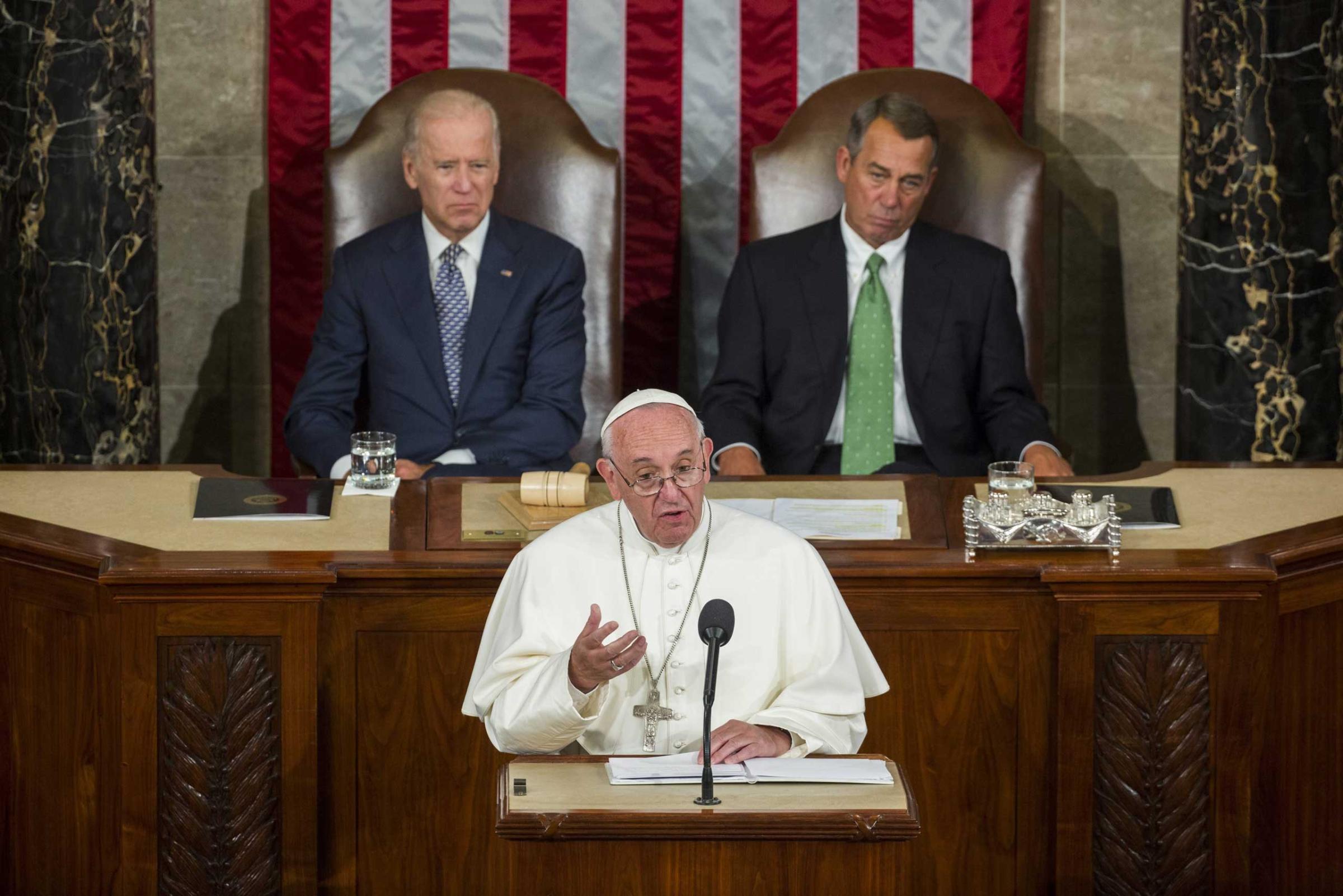

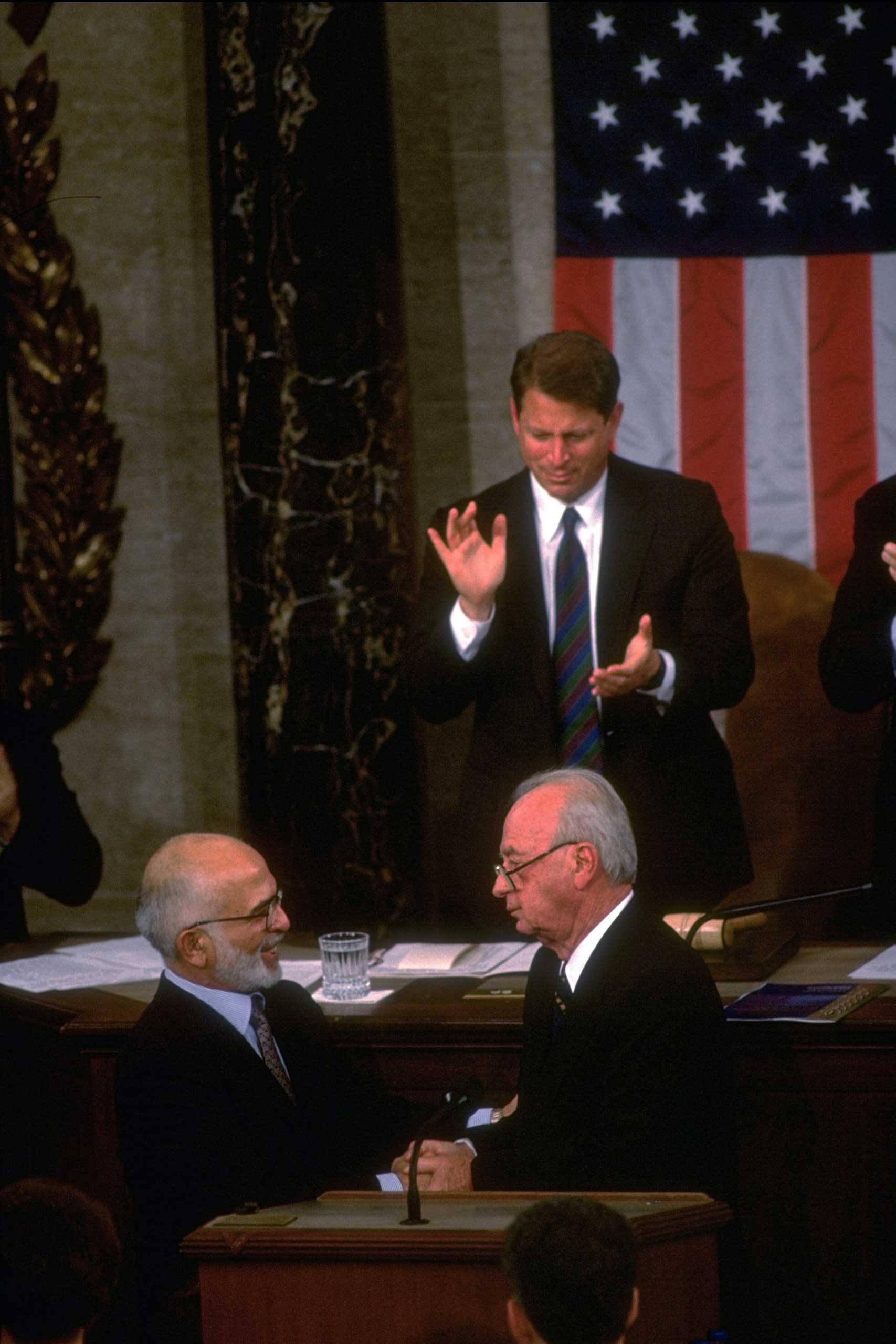
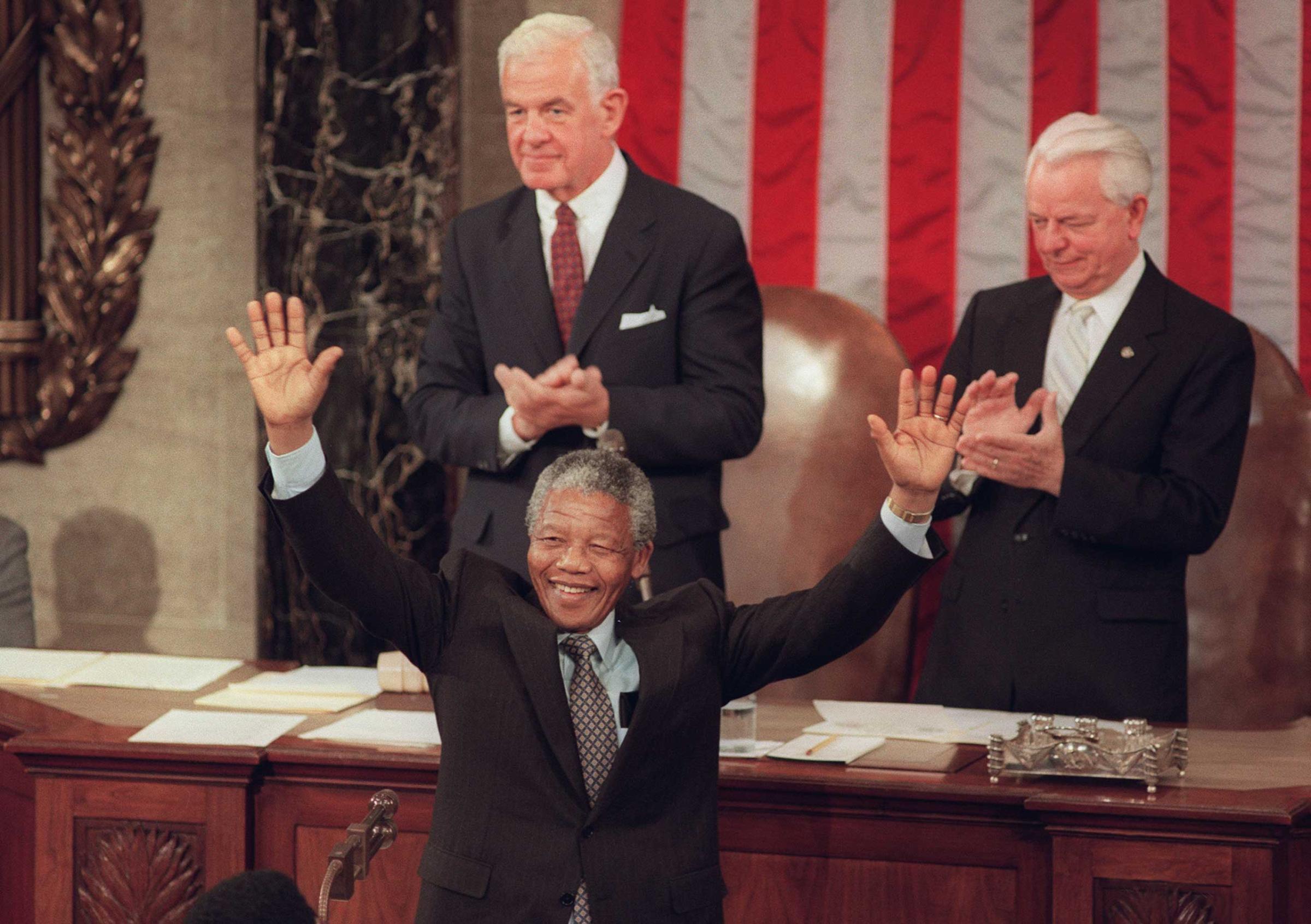
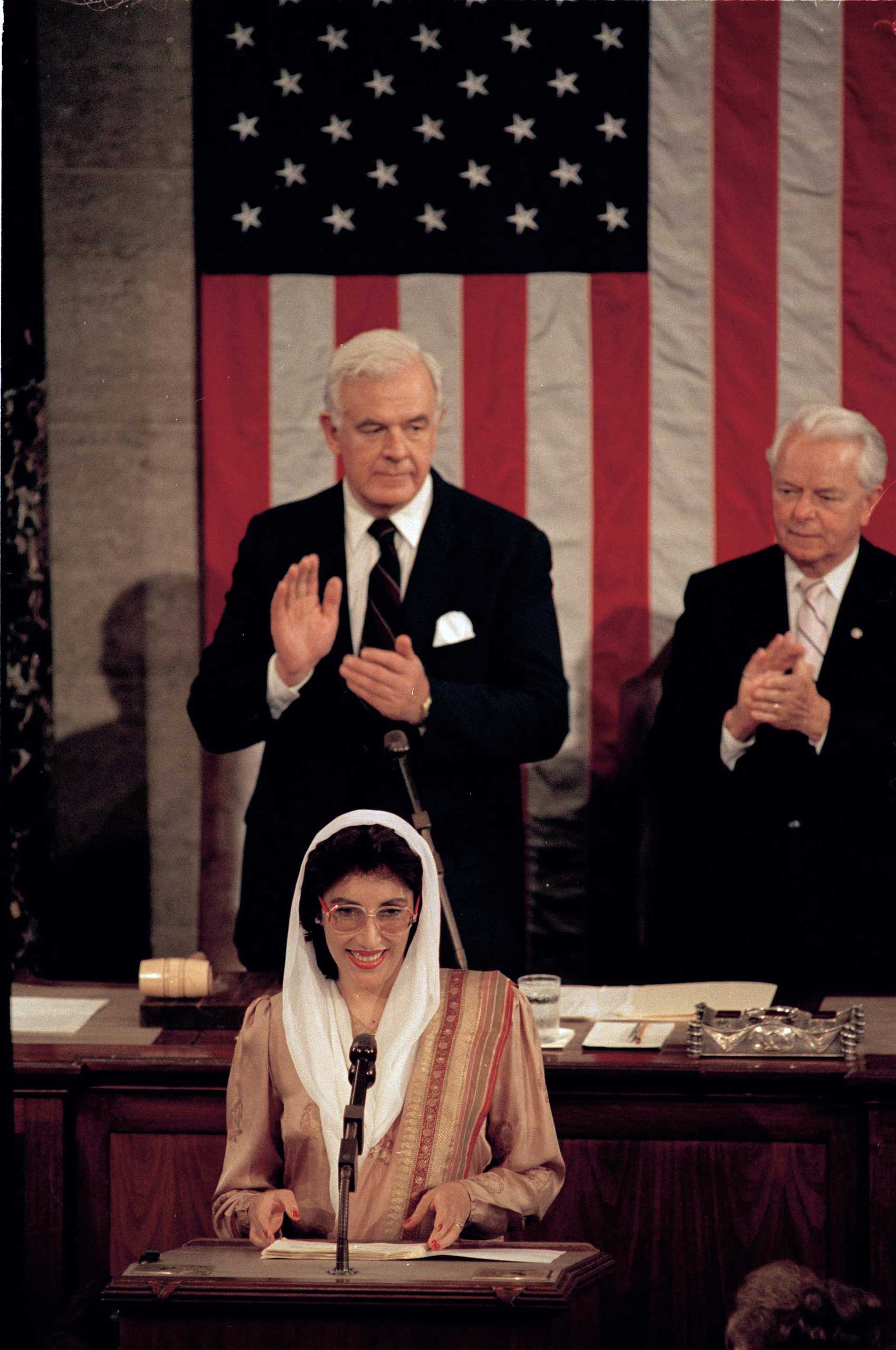

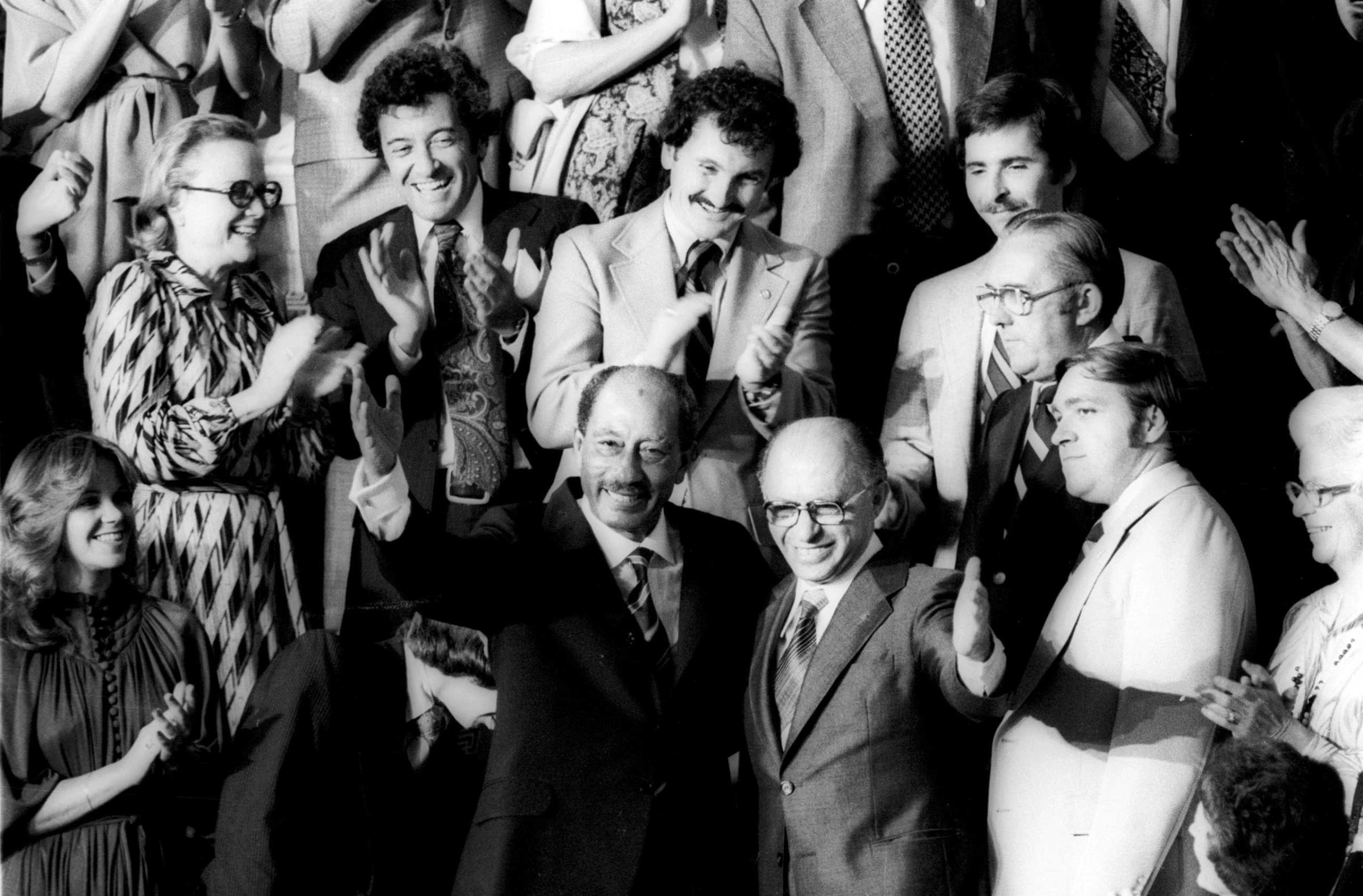

More Must-Reads from TIME
- Cybersecurity Experts Are Sounding the Alarm on DOGE
- Meet the 2025 Women of the Year
- The Harsh Truth About Disability Inclusion
- Why Do More Young Adults Have Cancer?
- Colman Domingo Leads With Radical Love
- How to Get Better at Doing Things Alone
- Michelle Zauner Stares Down the Darkness
Contact us at letters@time.com